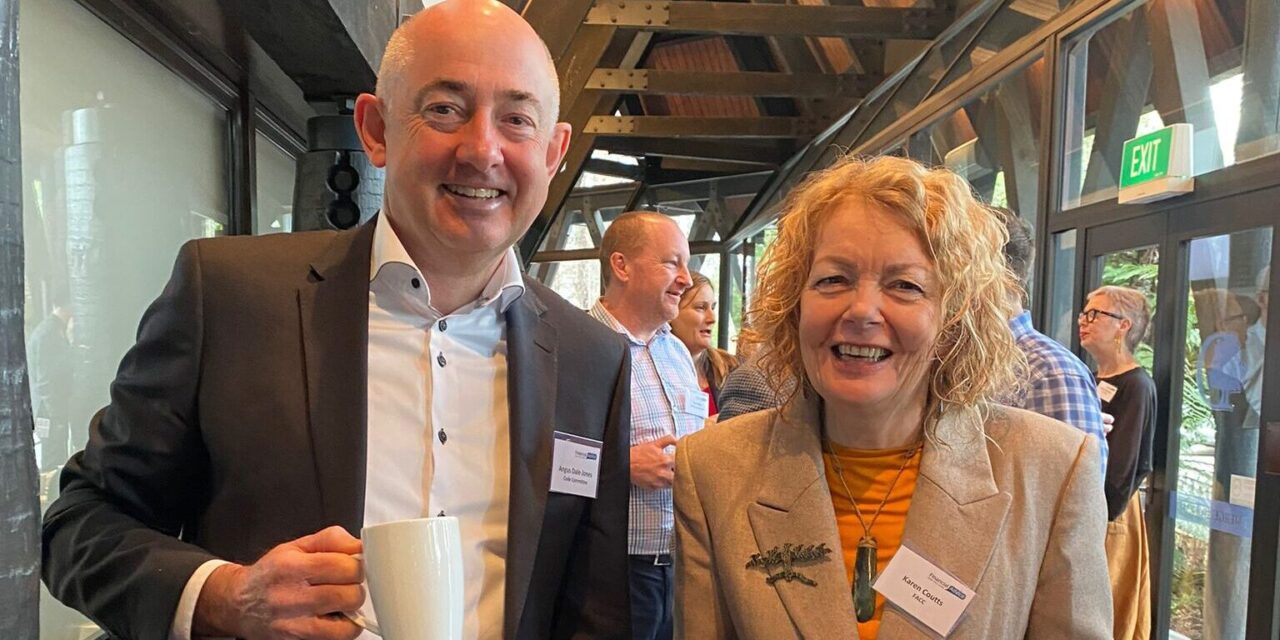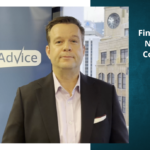Author: Jenny Ruth. Published in Good Returns on Tuesday, 6 August 2024
The Financial Advice Code Committee won’t be recommending any changes to the minimum education requirement for financial advisers being the level 5 certificate, committee chair Angus Dale-Jones told the Wellington session of Financial Advice New Zealand’s Connect tour of the country.
Dale-Jones said the committee has considered whether the level 5 certificate “was hitting the mark” and whether a sub-group of advisers should be held to a higher standard when providing investment planning advice.
“We decided that we’re not making a proposal to impose additional requirements on a sub-group,” he said.
While the latest version of level 5 has been updated, there’s no requirement for those who have already achieved it to repeat the exercise.
Dale-Jones stressed that the level 5 certificate is a minimum requirement, while Financial Advice NZ chief executive Nick Hakes said his members should be aiming to achieve a higher standard.
Hakes said a survey of members had found 76% thought the level 5 certificate should be retained as a minimum barrier to entry, but 21% said the benchmark should be higher.
“None of us want the minimum.”
Dale-Jones said both individual financial advisers and the financial advice providers (FAPs) they work for “should be across whether the level of education of that adviser is appropriate to the work they’re doing.”
“Being professional is not about being right all the time,” it’s about having the appropriate processes and practices in place to ensure the advice they’re giving is sound.
Continuous professional development (CPD) should not just mean watching an online training programme, Dale-Jones said.
“It is absolutely doing courses, including online courses,” but it’s also thinking about other ways that an adviser can develop greater competence and skill.
In this regard, mentoring programmes can benefit both the mentor and the person they are mentoring, Dale-Jones said.
“We want the concept of CPD to be very broad.” While that can include work experience, advisers can’t just call providing advice CPD.
Asked whether providing financial advice is a profession, Dale-Jones said being professional “is very much an attitudinal thing” and that it’s in financial advisers’ interests to want to be professional and to be seen as being professional, he said.
Hakes said advisers “have to earn the right” to be called professionals.








